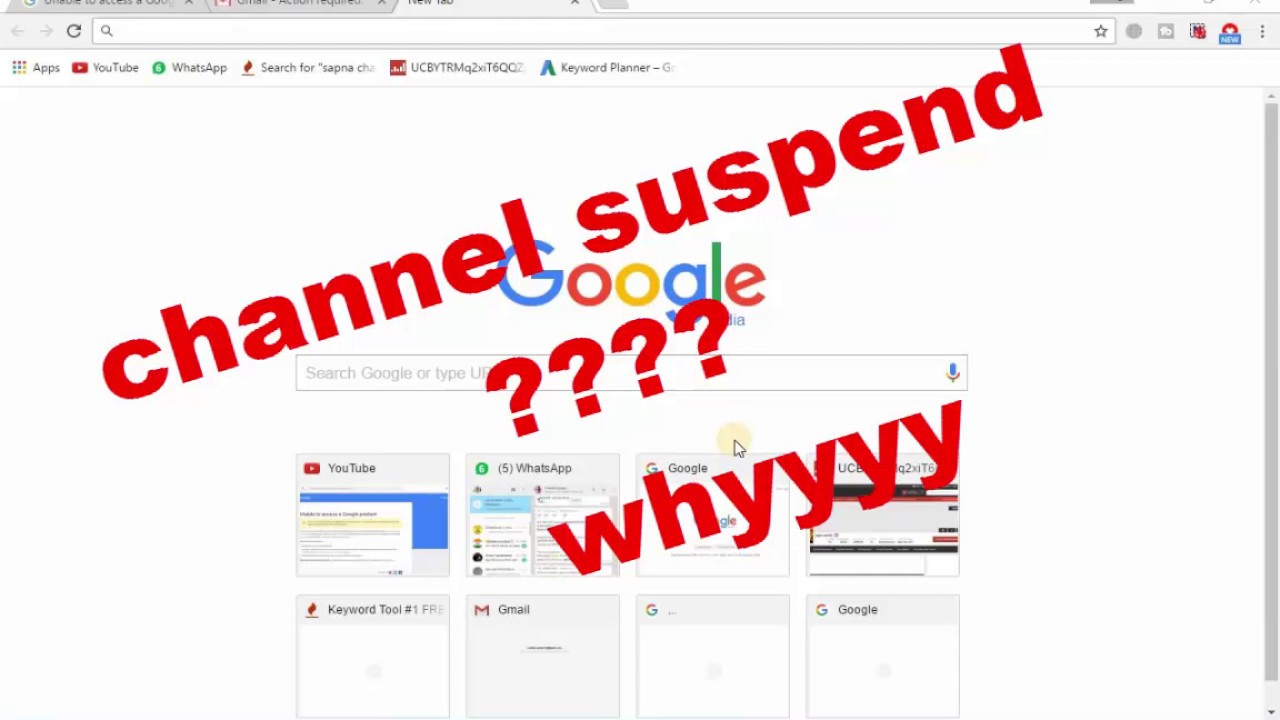Google Woes Continue To Mount As Brands Suspend Non-Search Advertising
by Tobi Elkin, Staff Writer @tobielkin, March 23, 2017
Google’s woes seem to be growing by the day, as the list of marketers suspending advertising with it also grows over mounting concerns about extremist content on YouTube.
Verizon and AT&T are the latest advertisers to join a list that includes GlaxoSmithKline, Johnson & Johnson, Enterprise Holdings Inc., and Beam Suntory Inc. These marketers have said they’re halting or cancelling at least some of their advertising with Google, according to the Wall Street Journal.
But that’s just the tip of the iceberg: Business Insiderreported that so far, more than 250 brands have pulled their ad spend from Google after a newspaper investigation found their ads appeared next to extremist content on YouTube.

These developments bring into sharp relief the issue of so-called “brand safety” or the concerns marketers have over where their ads will appear on Web sites. Questionable content, like extremist videos or other offensive content isn’t where you want your creative message to appear.
It’s a crushing blow that AT&T said it was suspending advertising from non-search inventory on Google (including YouTube and millions of third-party Web sites on the company’s ad network) because its ads may have appeared adjacent to YouTube content promoting terrorism. For its part, Verizon said it too, was suspending all digital advertising not related to search and all of its programmatic buying.
One wonders what that will do for all those bullish programmatic ad spending forecasts. We’ll have to wait and see.
Google and Facebook, so-called “walled gardens,” have been under pressure for some time by advertisers that want more transparency into their metrics and measurement practices, pricing, and technologies. The Journal notes that while AT&T and Verizon are big ad spenders, they’re also Google’s competitors—the telecom/cable giants are trying to build online video and ad services to compete with Google.
Google said it’s working with advertisers on the issues and said it has launched a review of its advertising policies.
Google’s net ad revenue worldwide from YouTube was $5.58 billion last year, according to eMarketer. It’s expected to hit $7 billion in 2017, according to a forecast by eMarketer that was made prior to this blow-up.
Separately, but notably, The Coalition for Better Ads released a new guide Wednesday that delineates standards for the desktop and mobile Web in the North American and European markets.
The Coalition’s research identified ad experiences in both areas that ranked lowest across a range of consumer experience factors, and that are most highly correlated with an increased propensity for consumers to adopt ad blockers. Six desktop Web ad experiences and 12 mobile Web ad experiences fell beneath this threshold.
MediaPost.com: Search Marketing Daily
(56)